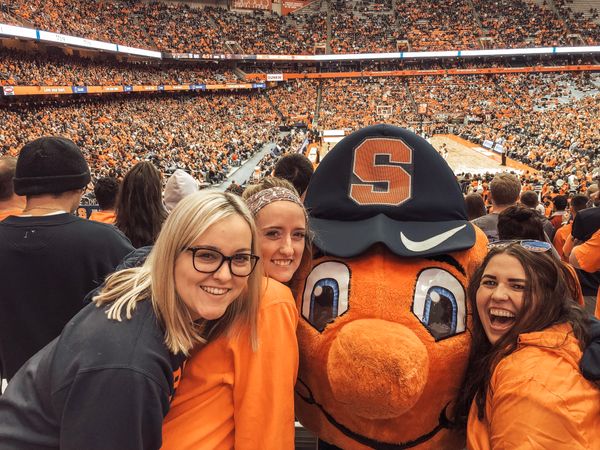Any and every sports team wants to win every game. In reality, that’s impossible. But it is the simple rule that more wins are a good thing, and the team with the most wins has a pretty good shot of being the best team, which hoists the championship trophy at the end of the season, when the season is over.
So, a team that goes 62-20 in an NBA season has really good odds of being the best team. When most of the roster and coaching staff and front office remain the same, they should have a realistic chance at repeating the next year. That isn’t the case with the Atlanta Hawks.
The main lesson we have to learn from the Hawks is that time can be a bad thing. People get older, and getting older means a decline in athletic abilities. Yes, when athletes retire and can’t keep up with their fellow competition, they are still more athletically inclined than 99.9 percent of the regular population. The remaining .1 percent are the people they’re competing against.
Staying with the same core is generally a good thing. That’s how dynasties are created. The Big Three from the Miami Heat were together four years and made the Finals all four years. The Boston Celtics recent Big Three also struck fear in their opponents and made deep playoff runs. There are countless examples of this.
But these were younger cores. Atlanta established their core around older players that were either in the end of their primes or already on the decline. Building around these guys meant that their championship window was closing as soon as it was opened.
This year, with that window open just wide enough to squeeze a piece of paper through it, the Hawks took a gamble. They tried to go younger and find, if not necessarily the youngest team, a more athletic team. Jeff Teague was traded away to make way for Dennis Schroder as their starting point. That were unable to bring back Al Horford, so they signed Dwight Howard.
While on paper this seems like an improvement, the money invested in their starting lineup did not allow for better bench signings. Once the starters rest, the team takes an entirely different look.
From the beginning, the experiment has failed and the window has finally slammed shut. The team, as every team does, is trying to pry it back open. Realistically, a new core will have to be around to realistically achieve this feat.
The Hawks aren’t too terribly disappointing at this point in the season, and coach Mike Budenholzer is certainly deserving of praise for his ability to keep the ship pointed in the right direction. However, with Kyle Korver already out the door and Paul Millsap with one foot out of it, the team will lose a lot of talent, and good coaching won’t be enough to keep their production up.
Things aren’t terrible right now for Atlanta. But if this new core isn’t assembled quickly, they will turn bad soon enough. They will need to maximize the value of their tradeable assets and not sign players into untradeable contracts. A rising cap and a particularly deep draft his year could combine for a quick turnaround. Or bad decisions could lead to a 20-62 season.





















